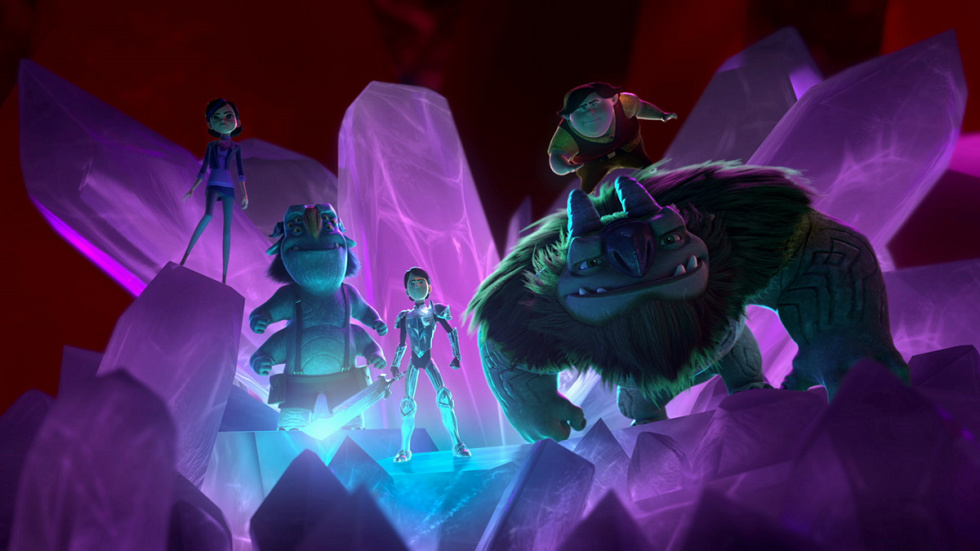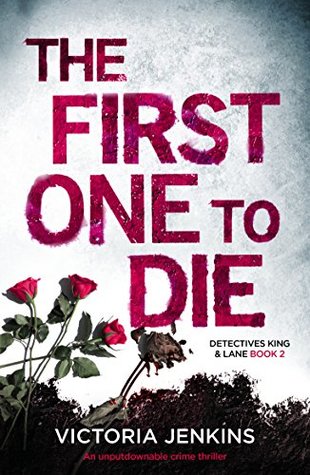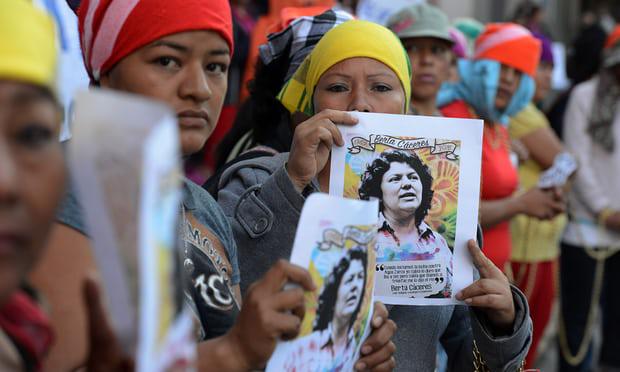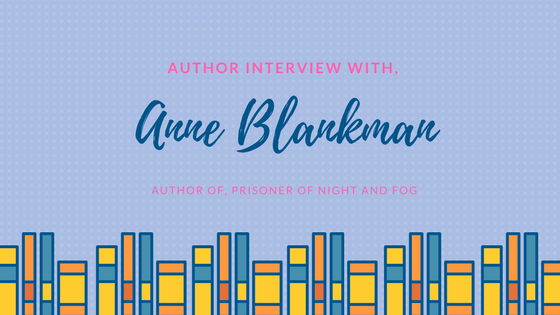
If you have been reading my blog you’ll probably have seen the praise I have for the Prisoner of Night and Fog duology. If you haven’t, however, seen my reviews then don’t worry I’ll leave the links at the bottom of the post but make sure to stick around for the interview!
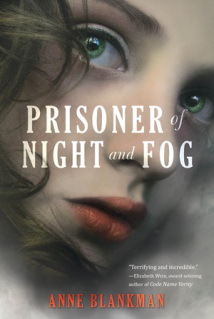
I can’t believe I have the absolute pleasure of welcoming Anne Blankman to my blog and I cannot wait to ask her some of the questions I’ve been wondering about. Anne Blankman has written three historical fiction novels for young adults such as the Prisoner duology and Traitor Angels. Now, without any further ado lets start the interview with fabulous historical fiction author, Anne Blankman.
First of all……
1) What does historical fiction mean to you?
Historical fiction is like a door into another world- a world that really existed. To me, it feels like a gift.
2) Do you think historical fiction is more difficult to write in terms of research?
Research is a huge part of writing historical fiction. To prepare for drafting PRISONER, I researched for a year, reading biographies, social histories, psychological profiles, diaries, memoirs, and so forth. I also pored over old maps and photographs, and I watched a lot of video footage of Hitler, studying how he walked and gestured. I also listened to his early speeches, which was helpful because Hitler had a particular speech pattern. So, yes, research certainly slows down the writing process because you need to take your time and make sure your information is correct. You’re also constrained by facts. For example, in PRISONER Gretchen never finds out how Hitler spent his early twenties in Vienna. The reason his past was shrouded in secrecy? For part of his time in Vienna, he was homeless. I would have loved for my readers to know this detail, but it was impossible for Gretchen to find it out.
That certainly is a lot of research! It must have been so interesting to learn so much!
3) Is there any particular message you would like readers to take away from your books?
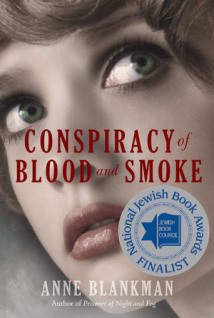 You decide who you want to be. Just because you’ve been raised to believe certain things, you can still break free and learn to think for yourself.
You decide who you want to be. Just because you’ve been raised to believe certain things, you can still break free and learn to think for yourself.
I think that message is why it’s so important to study history. You 100 percent convey that through your books!
4) You are able to travel back to any time period in history just for a day. Where would you visit and why?
Oooh, I love this question! I’d love to stand on the bank of the Reed Sea and watch Moses and the rest of the Hebrew slaves escape. The Passover story is one of my favorites, and I can’t imagine a more inspiring sight than watching Moses and the others get away and begin their trek to find the Promised Land.
5) How do you choose names for your characters?
Many of my characters are real people, so that takes the decision out of my hands! I like to tuck hidden meanings into the names of my fictional characters, though. For example, Gretchen’s sociopathic brother is named Reinhard, which means “fox.” Hitler’s first name, Adolf, means “wolf.” I wanted to show there was a connection between the two characters. Also, Gretchen’s name means “lustrous pearl”. Pearls start off a piece of grit in an oyster and eventually grow into something beautiful and strong. So Gretchen’s name mirrors the emotional journey she undertakes in PRISONER.
Wow! That is so clever! I would never even think of making connections like that when choosing character names.
6) What is one piece of advice you think aspiring authors need to know?
Write what you love. Tell the story that no one but you can tell.
7) Is there any book you think everyone should read? Why?
I think serious writers should read On Writing by Stephen King. It’s full of great advice.
I definitely have to pick that one up soon…
8) What was the hardest scene to write in your Prisoner of Night and Fog duology?
Romantic scenes are the most difficult to draft. I always want to find new and interesting ways to say things, and there are only so many ways you can say “I love you” or “she kissed him.” I try to use simple language in those scenes, leaving just enough detail to satisfy the reader but not so much that the magic of the moment is lost.
Thanks so much for having me!
Thank you so much for taking the time to be here on You Need to Read These Books!
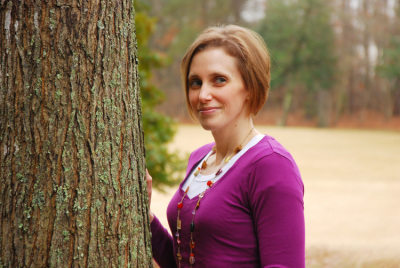 So that’s it for today’s interview! You can find out more about Anne Blankman and her books on her website and catch up with her on her Twitter @AnneBlankman.
So that’s it for today’s interview! You can find out more about Anne Blankman and her books on her website and catch up with her on her Twitter @AnneBlankman.
In the comments let me know, do you think you have what it takes to be a historical fiction author like Anne Blankman?
Advertisements Share this:

